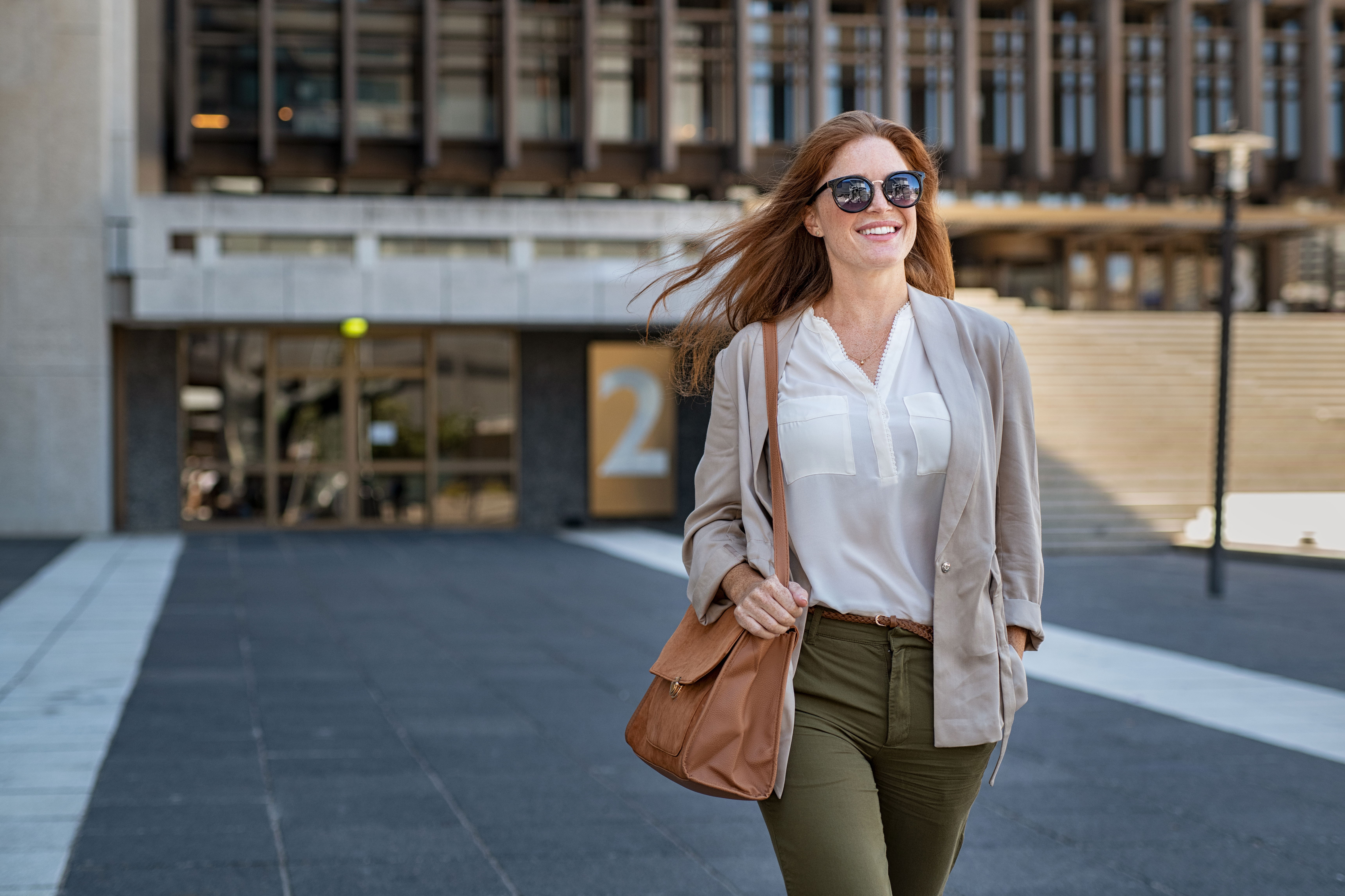Self-Confidence

I once heard something that really resonated with me. Self-Confidence isn’t that person with the expensive car, the flashy clothes, or the bold designer labels splashed across their shirts, bags, or shoes—so loud you couldn’t possibly miss the brand name written in giant letters. Yes sometimes, it can look like it, but in most cases, it really doesn’t. Research shows that in most cases, the wealthiest feel less need to signal their wealth and actually avoid flashy status symbols. So what does someone with self-confidence look like? The answer is: “it's just a regular person walking down the street—comfortable in their own skin, standing tall, at peace with themselves and aware of their worth at any given moment. They will usually be kind to others, full of self-love and won’t need any external validation or signs to prove their worth". When we’re connected to ourselves and aware of our true worth, we’re naturally reminded of our inner strengths—the ones we all have but often forget in the race of life—caught up in comparison, pressure to succeed, and chasing standards that don’t lead to true happiness. The problem with most of us is not self-confidence. Most of us feel good about ourselves, we feel that we are smart and capable, funny and attractive, until we meet other people who in our opinion embody those qualities even more. What stops us is that we think we are smart but not smart enough, funny but not funny enough and so on.
We move into action—even if we don’t feel fully ready yet.
We do the things that scare us: like starting the project or business we’ve always dreamed of, or that difficult conversation with a family member we’ve long wanted to have but never dared to. We put ourselves out there—even when it feels uncomfortable or awkward. In the beginning, it will definitely feel uncomfortable and unfamiliar.
But over time, it will become a habit— something that becomes embedded within you.
Studies show that, on average, it takes 66 days for a behavior to become automatic— what we commonly call a “habit." Yes, it takes time—but once it’s internalized, it becomes as natural as brushing your teeth: something you do effortlessly. If we give ourselves that time—that opportunity to change limiting beliefs and reprogram our minds—we become a better version of ourselves, grounded in real, lasting self-confidence.